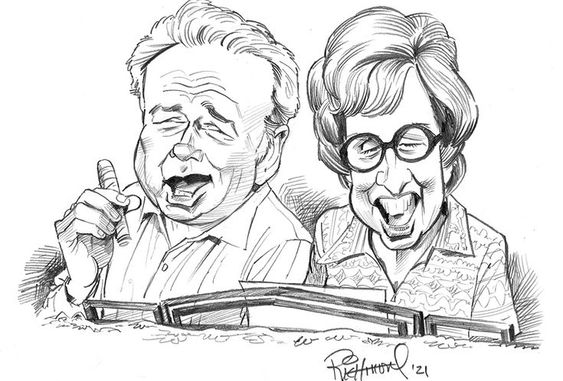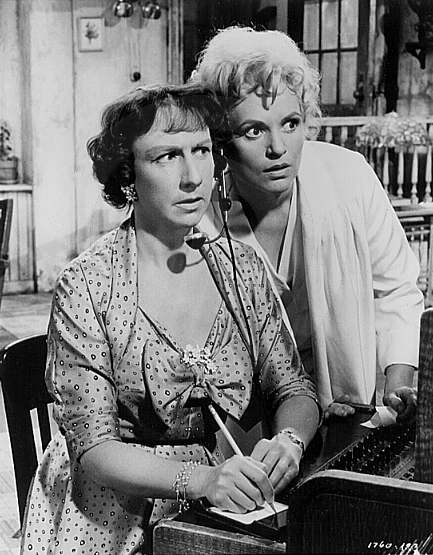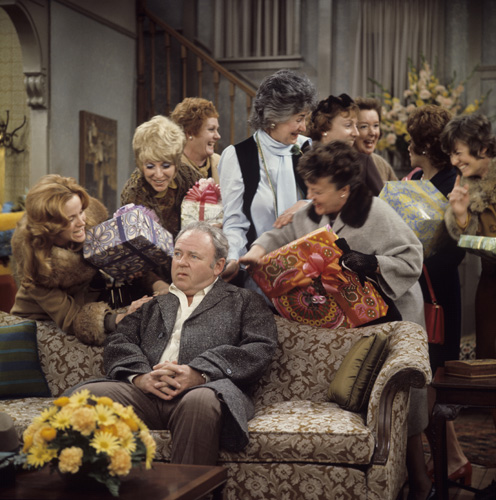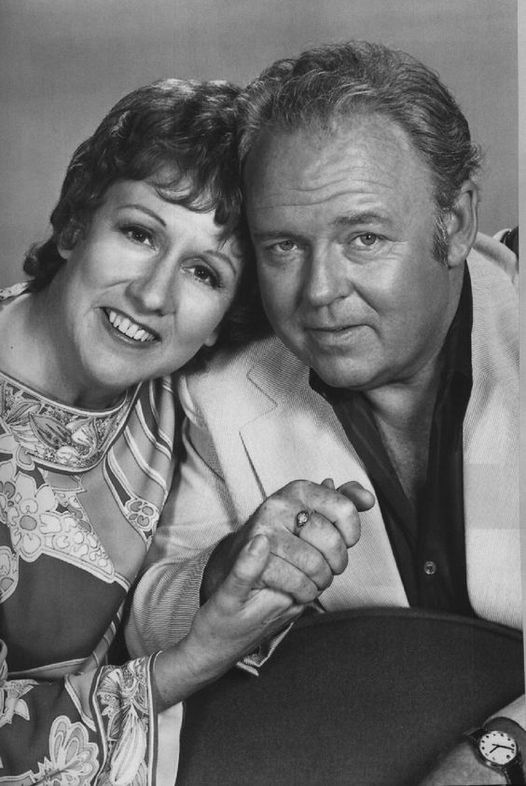
Carroll O’Connor had ”a very stressful relationship” with All in the Family producer Norman Lear
Some of the best creative partnerships are marked by tension and hardship, a necessary friction that often leads to great art. George Martin, the legendary producer of Beatles records, once described the dynamic between Lennon and McCartney as “two people pulling on a rope, smiling at each other and pulling with all their might.” This tension, which kept the rope taut, was the secret behind their numerous collaborative successes. However, it also eventually strained the friendship that was at the heart of their greatest songs.

Lennon and McCartney were equals in the Beatles, but the energy shifts dramatically when the partnership is imbalanced. A prime example of this is the creative relationship between Norman Lear and Carroll O’Connor during the production of “All in the Family.” Throughout the show’s history, these television giants clashed over creative control. As the producer, Lear had significant influence over each script before it reached the table read, while O’Connor, as the lead actor, often voiced strong objections to the initial drafts.
“It was a very stressful relationship,” Lear revealed to HuffPost Live in 2014, “but it was joyful stress because it always turned out to be great. I don’t know if I can say that for Carroll — I don’t know if he was built to accept the idea of joyful stress,” Lear said. “But we had a victory at the end of every show because we made 250 people sitting in that audience laugh.”

In his memoir, “Even This I Get to Experience,” Lear elaborated on O’Connor’s challenging behavior on set:
“Carroll sat down to every reading worried and unhappy. It seemed to make little difference whether his problems with the script were few or many, small or large. Most of the time we’d hear, ‘It just doesn’t work.’ He wasn’t always wrong, of course. But much of the time we were facing fear, a fear that could render Carroll impossible to deal with…For the next eight years, Carroll would continue to dislike every script at the start. It was nothing but fear and blind anger was his only defense. Certainly, he bettered many a scene with it, but it needn’t have taken his belligerence to get there.”
Despite the headaches this back-and-forth created for the “All in the Family” team, the results speak for themselves. The series is heralded as one of the greatest of all time, a testament to the invaluable contributions of both Lear and O’Connor.

Fortunately, by the early 2000s, the relationship between Lear and O’Connor had healed. Lear wrote, “At [O’Connor’s] home on his desk — which was a clear, clean desk — there was a letter I had written him four years before, in which I blessed him for what he meant for Archie and [said I] was sorry we had the kind of disagreements that stressed him so much. And he kept it on his desk. It was the only thing on his desk, and it had been that way for some time.”
This touching detail underscores the profound respect and affection that ultimately defined their partnership, proving that even the most fraught creative relationships can yield timeless art and, eventually, reconciliation.
